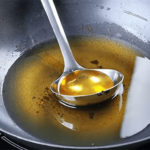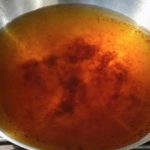When dealing with excess cooking oil, it is important to handle it properly to avoid causing pipe blockages and attracting pests. Here are some methods for properly handling excess cooking oil:
Table of Contents
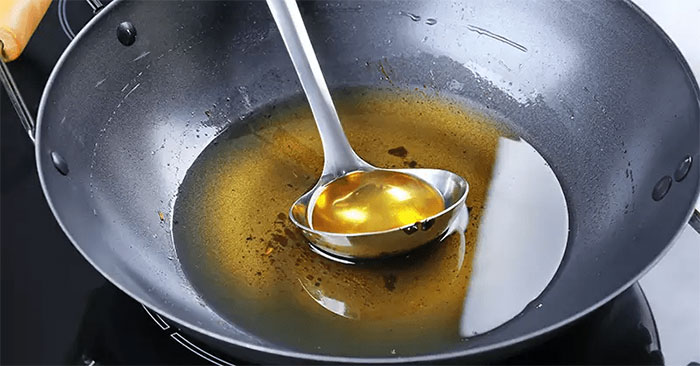
Put excess oil in containers and dispose of it
After the leftover cooking oil has completely cooled, transfer it to a sealed bottle, jar, or ziploc bag and dispose of it in the trash.
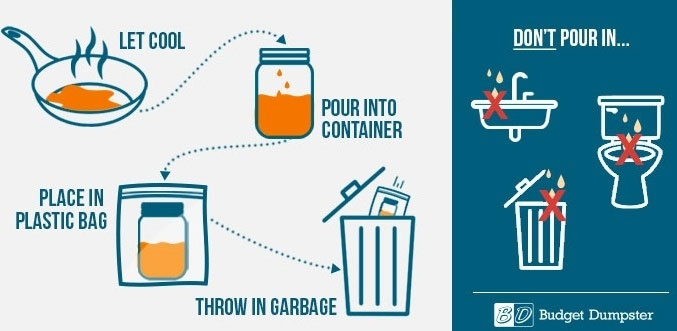
If the amount of excess cooking oil is small, you can use absorbent paper or toilet paper to soak it up and dispose of it in the trash. Some professionals even recommend freezing leftover cooking oil before disposing of it to prevent leaks.
Store or reuse leftover cooking oil
Leftover cooking oil can be recycled or reused instead of being discarded.
According to the cooking guide website Southern Living (USA), to recycle cooking oil, it is important to remove all remaining oil and food residues.
Tips for cleaning used cooking oil residue
Place a paper towel or coffee filter in a funnel or strainer to filter the oil.
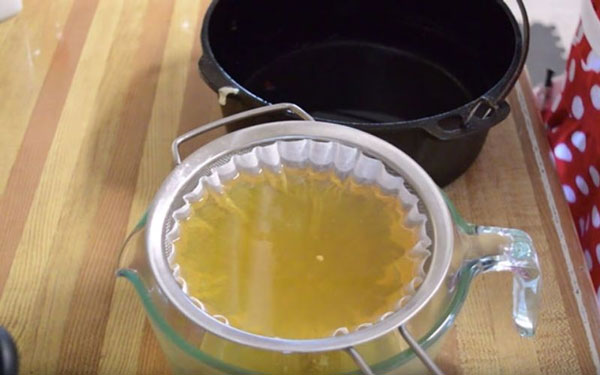
Use tapioca flour or cornstarch to filter cooking oil. Mix tapioca starch with 100ml of water until the powder is dissolved. Pour this mixture into a pot of boiling oil, and the food residues will stick to the dough. Then, remove the dough using a spatula, and the oil will be clear again.
Proper storage of used cooking oil
The best way to store used cooking oil is to transfer it to a glass jar, seal it tightly, and store it in the refrigerator. Used cooking oil can be stored for up to three to four weeks.
When not to use recycled cooking oil
- If the oil has been thoroughly filtered and still contains residue resembling coal dust, it should not be reused.
- If filtered and stored in the refrigerator, and you see a paste at the bottom of the bottle/jar, the oil has expired and should be discarded.
- If the used oil has an unpleasant odor, it should not be reused.
Remember to follow the instructions provided above for the proper disposal and handling of excess cooking oil.
























